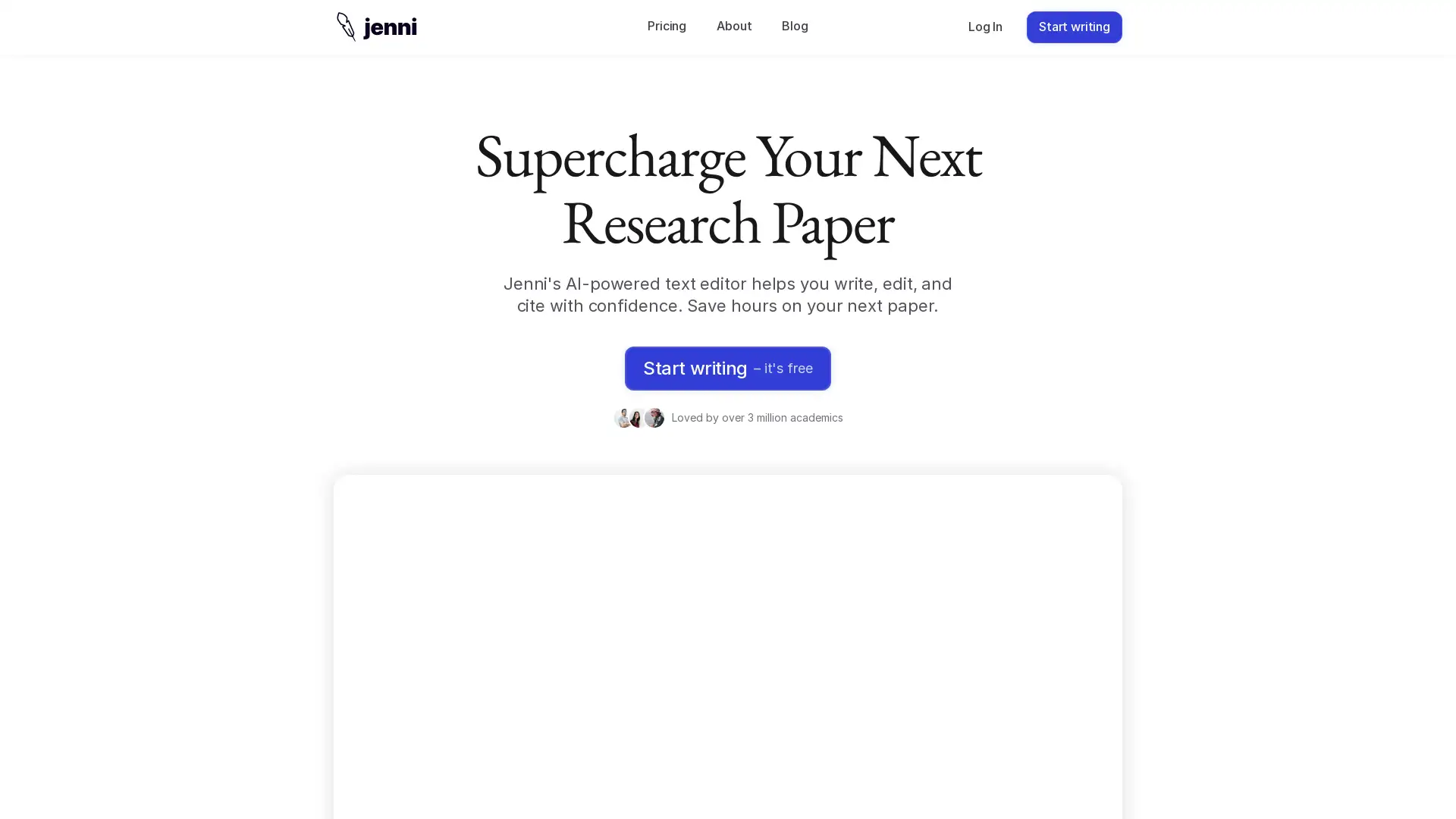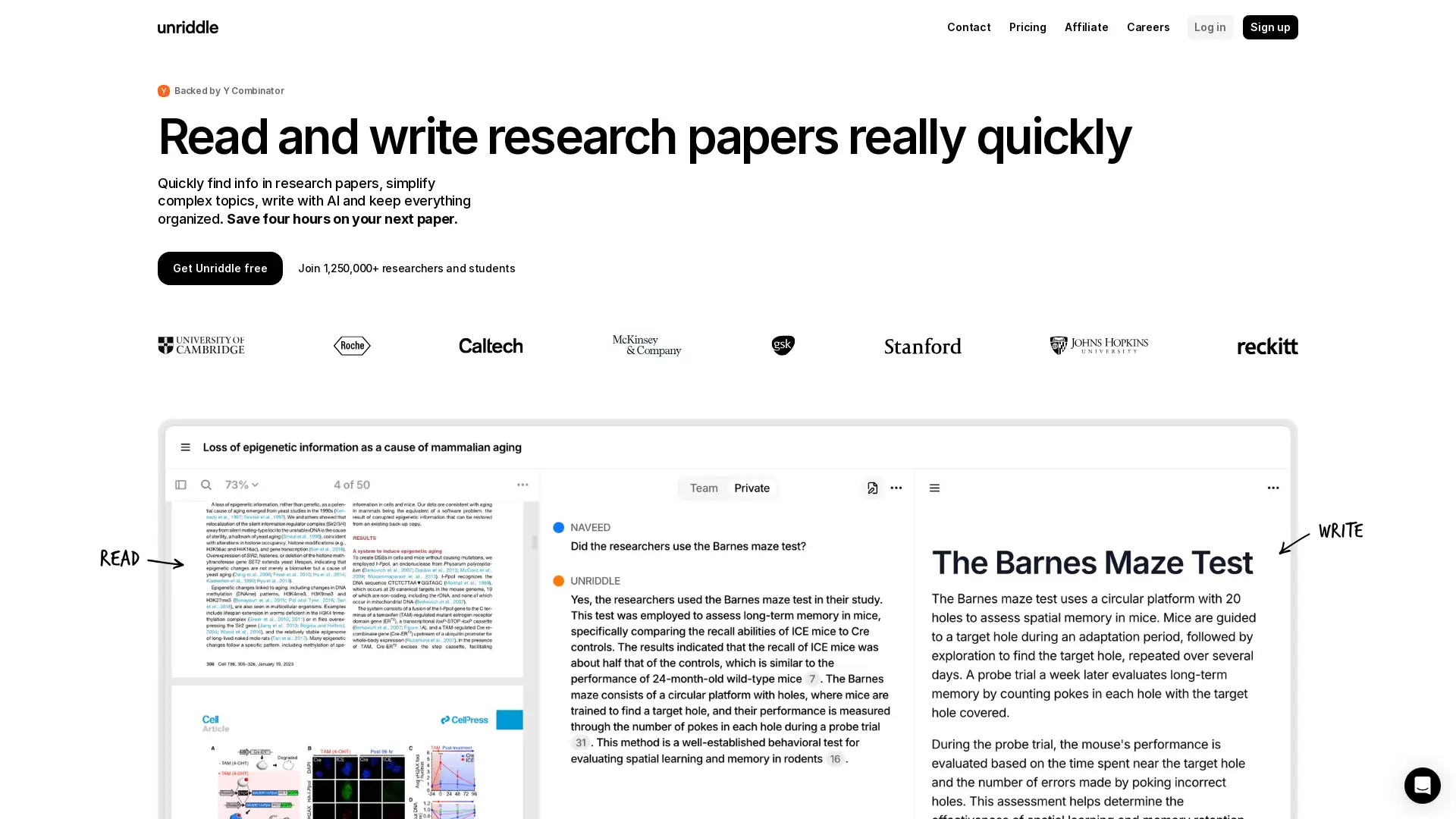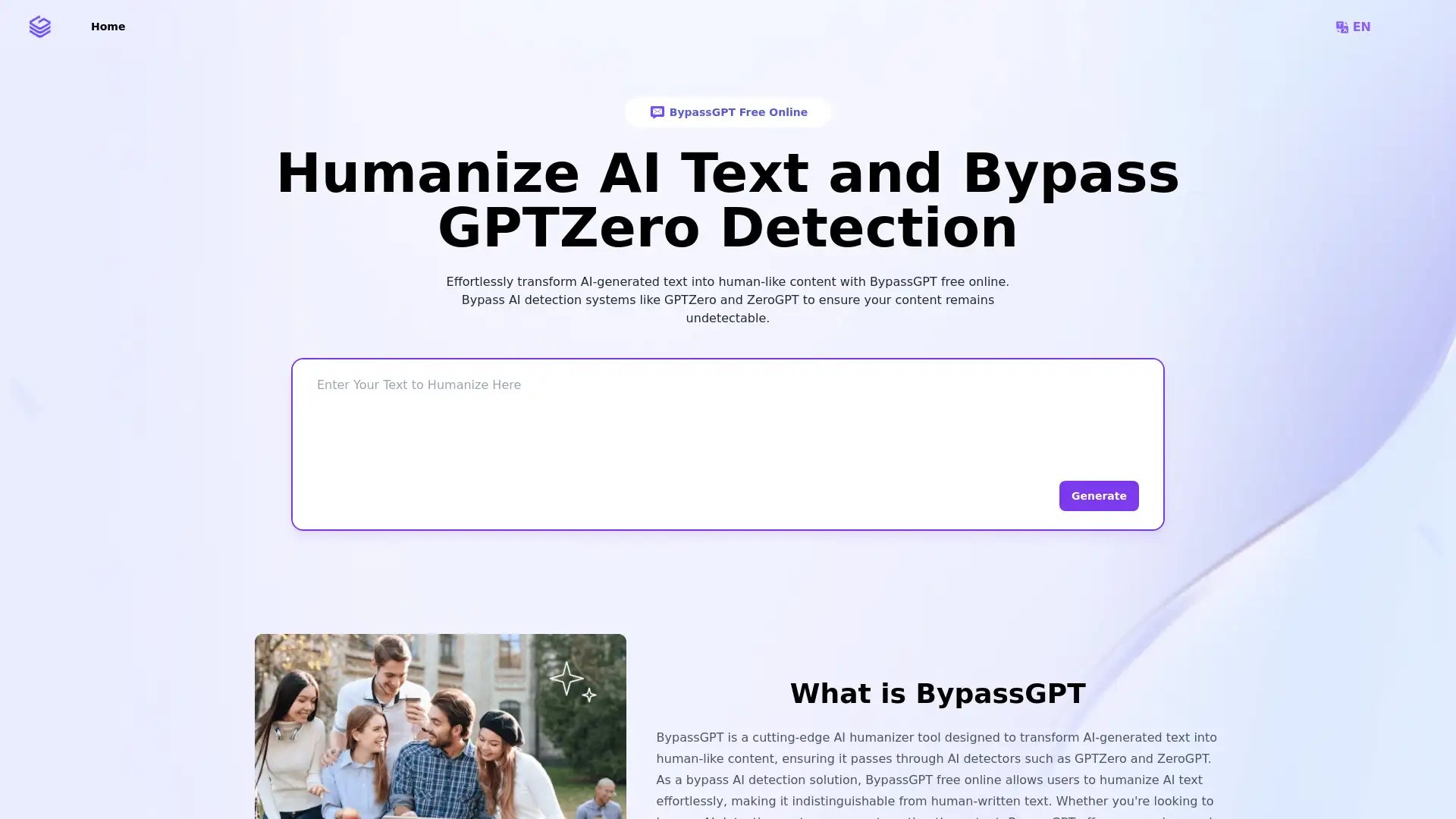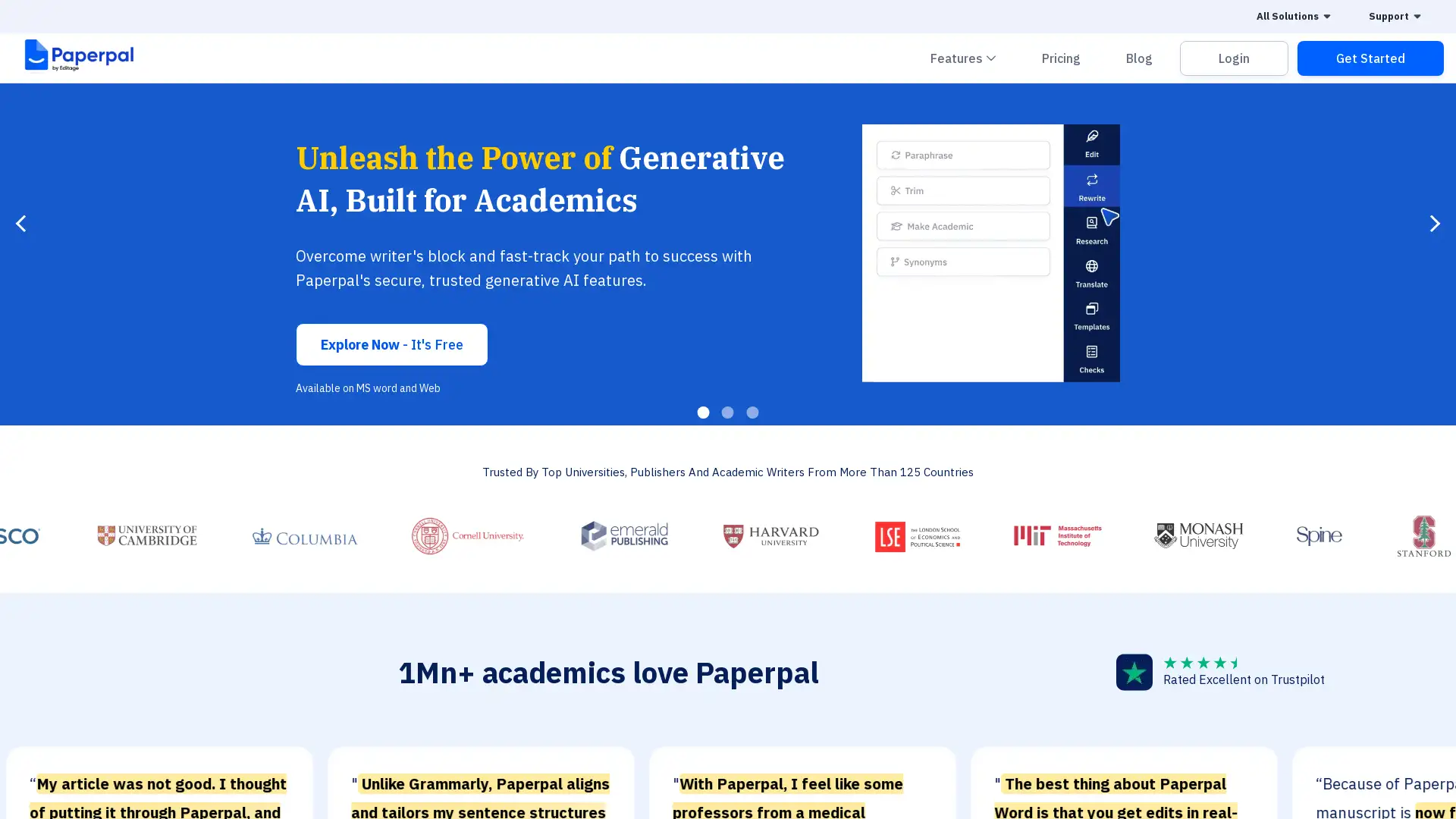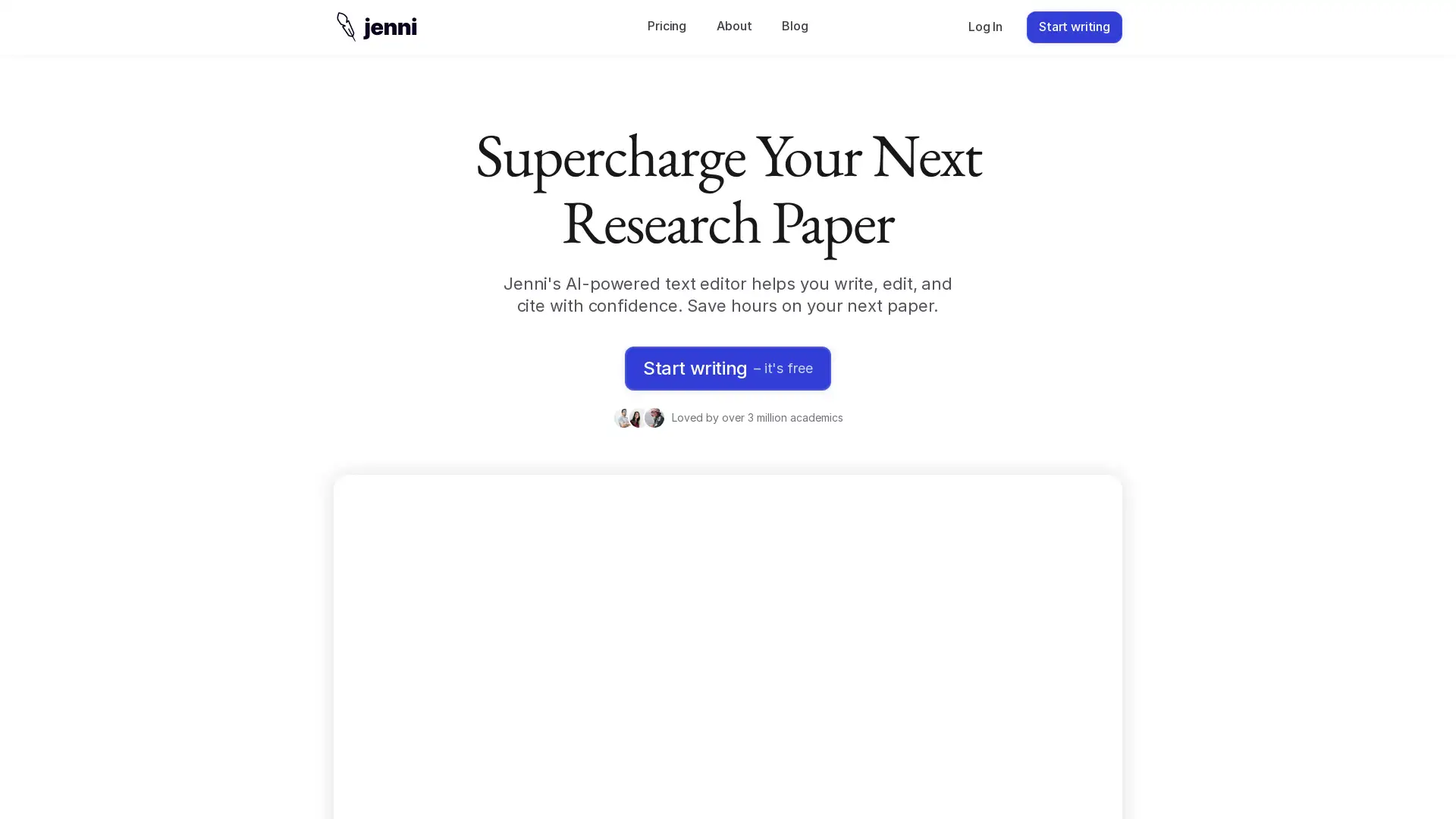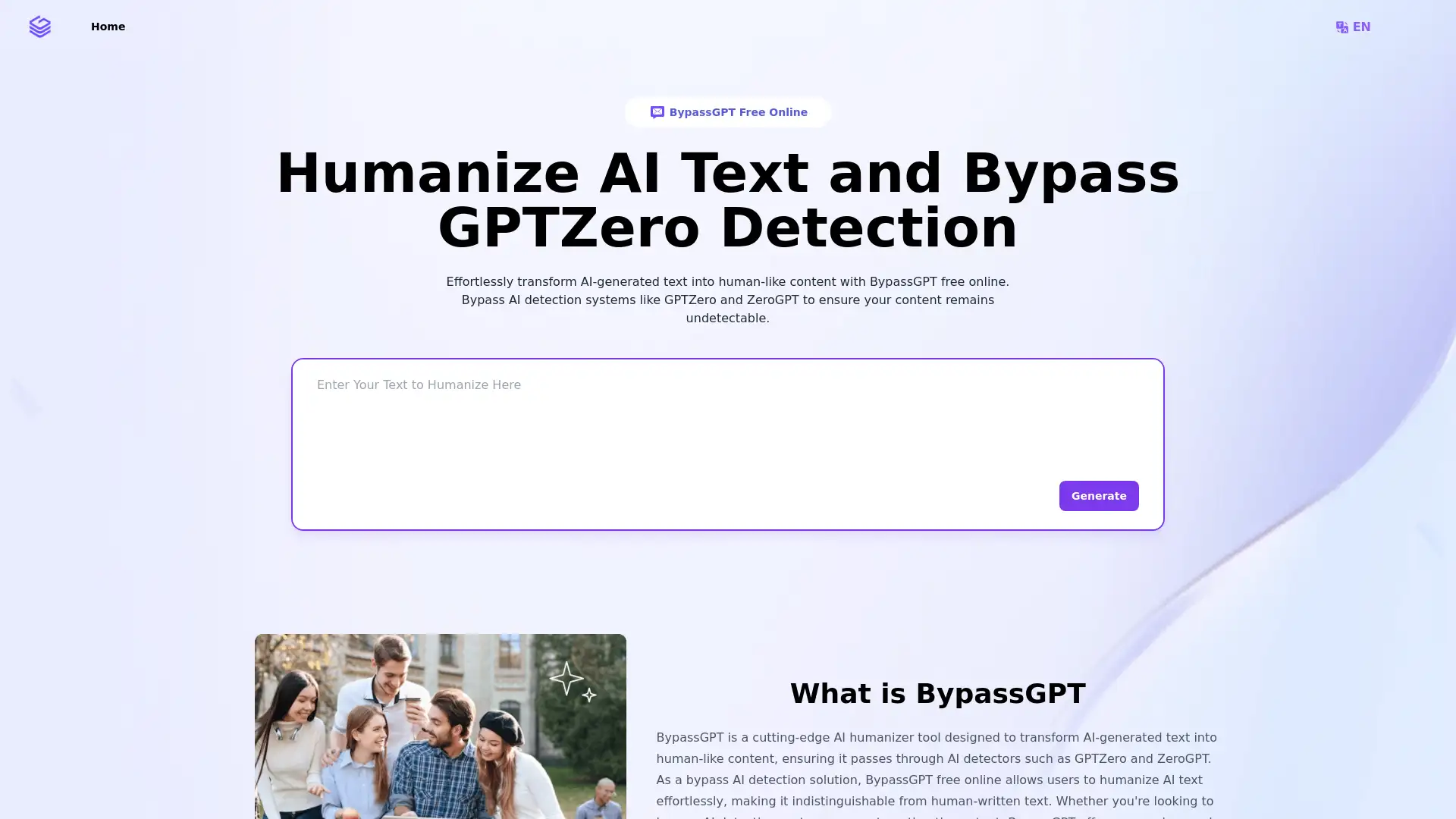Best 7 AI Tools for Academic Writing in 2024
Jenni AI, Unriddle AI, Bypass GPT, Paperpal, Jenni AI, SCI Space, Bypass GPT are among the best paid and free Academic Writing tools available.
Understanding AI Tools for Academic Writing
AI tools for Academic Writing are sophisticated software applications designed to enhance the quality and efficiency of academic research and writing processes. These tools leverage artificial intelligence to provide support in tasks such as drafting, proofreading, generating ideas, conducting research, and more. By automating repetitive and complex tasks, these tools allow users to focus on higher-level thinking and creativity. They are particularly relevant for improving clarity, ensuring language accuracy, and speeding up research, making them invaluable for academics, students, and researchers who need to produce high-quality written work. These tools are optimized for academic purposes, incorporating citation management, plagiarism checking, and field-specific language adjustments.
Key Features of AI Tools for Academic Writing
AI tools for Academic Writing offer a wide range of functionalities. Core features include advanced grammar and style checking, plagiarism detection, and citation management, which are crucial for academic integrity. Many tools also provide AI-powered research capabilities, allowing users to analyze documents, generate summaries, and extract key insights in minutes. Language adaptation features help users tailor content to different academic standards, making these tools useful for both native and non-native speakers. Additionally, these tools often support technical writing, enabling users to integrate data analysis, visualize results, and even create AI-generated images for research presentations. Other advanced features may include AI-assisted peer review simulations, collaboration functionalities, and customizable templates for various types of academic documents.
Who Benefits from AI Tools for Academic Writing?
AI tools for Academic Writing are designed for a broad range of users, including students, academics, researchers, and professionals in various fields. Novice writers can use these tools to improve their writing and avoid common mistakes, while experienced writers can use them to streamline more complex tasks, such as managing citations or analyzing research documents. These tools are particularly accessible to individuals without programming skills, as they often feature user-friendly interfaces and pre-configured settings. However, they also offer customization options for users with technical expertise, enabling more tailored outputs and integration with other academic systems. These tools are also useful for educators, enabling them to quickly assess student work, provide feedback, and ensure adherence to academic standards.
Further Insights on AI Tools for Academic Writing
AI tools for Academic Writing provide tailored solutions that cater to different sectors within academia. They offer streamlined interfaces, making them accessible for beginners, while also offering powerful functionalities for experienced users. These tools can be easily integrated into existing academic workflows, such as connecting with reference management software or supporting collaborative writing projects. Their ability to adapt to various academic fields and requirements makes them a versatile solution, whether users are writing scientific papers, humanities essays, or technical reports. The AI's capacity to analyze large datasets and generate meaningful insights is particularly valuable for research-intensive projects.
